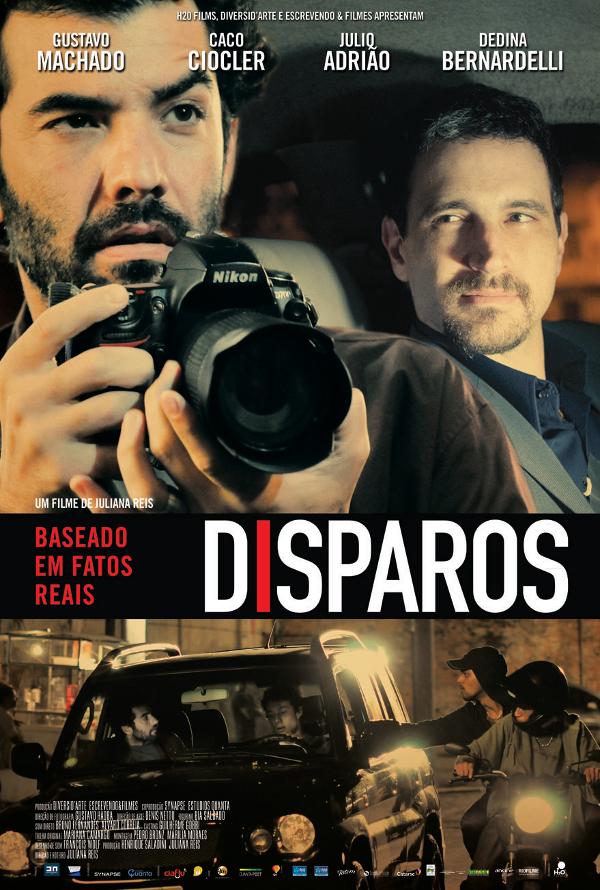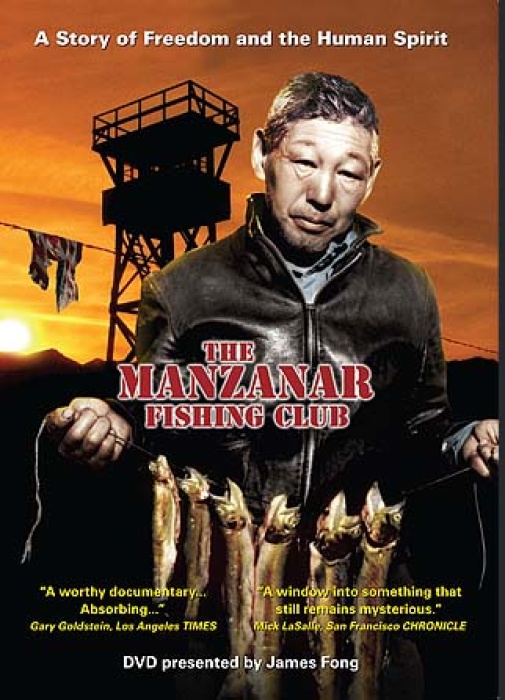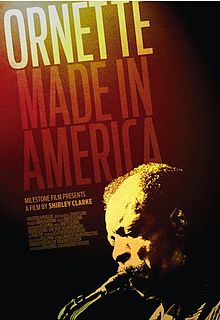AE-Autoexposure (Disparos)
A drive-by robbery and its bloody aftermath kick-start this punchy
Brazilian drama, which has just had its world premiere in competition at the
Rio Film Festival. The highly-assured feature debut of writer-director Juliana
Reis, a former casting director for Luc Besson in Paris, AE-Autoexposure is
slick and polished in all aspects besides its oddly clumsy English title.
Thanks largely to City of God, recent Brazilian cinema currently enjoys a
reputation for brutally graphic crime dramas that expose the fault-lines
between rich and poor in this massive Latin American nation. It begins as an
urban thriller, then unfolds in non-linear fragments into a dark comedy of
social manners, verbal wordplay and unexpected sexual chemistry. Based on real
events, AE-Autoexposure seems designed to purposely portray contemporary Rio
with a certain self-consciousness distance from its recent screen reputation.
Most impressively, AE-Autoexposure is far more interested in exploring the
unexpected human consequences of violent crime than it is in depicting violence
itself.
Brazilian drama, which has just had its world premiere in competition at the
Rio Film Festival. The highly-assured feature debut of writer-director Juliana
Reis, a former casting director for Luc Besson in Paris, AE-Autoexposure is
slick and polished in all aspects besides its oddly clumsy English title.
Thanks largely to City of God, recent Brazilian cinema currently enjoys a
reputation for brutally graphic crime dramas that expose the fault-lines
between rich and poor in this massive Latin American nation. It begins as an
urban thriller, then unfolds in non-linear fragments into a dark comedy of
social manners, verbal wordplay and unexpected sexual chemistry. Based on real
events, AE-Autoexposure seems designed to purposely portray contemporary Rio
with a certain self-consciousness distance from its recent screen reputation.
Most impressively, AE-Autoexposure is far more interested in exploring the
unexpected human consequences of violent crime than it is in depicting violence
itself.
The Manzanar Fishing Club
The shameful internment of Japanese-Americans during World War II
has received scant cinematic examination, which makes The Manzanar Fishing Club
something of a puzzler. As its title, would indicate, this documentary
concentrates mainly on the fact that a large number of the internees at the
Manzanar War Relocation Center in California were dedicated fishermen who
through various means were able to temporarily escape their confines to enjoy
trout fishing in the waters of the Eastern Sierra. It’s a nice little human
interest story, but hardly seems worthy of this full-length treatment. That’s especially true since this film directed by Cory Shiozaki
seems more wonkishly interested in the intricacies of angling than in the
larger social and moral themes that might have been more richly explored in the
extensive interviews with the now elderly survivors. Some of the accounts of how the inmates managed to forge rudimentary
fishing tools and escape the camp’s confines with the help of sympathetic
guards are undeniably moving. But there’s a much larger story that has yet to
be fully told, and this minimalistic effort seems like a woeful missed
opportunity.
has received scant cinematic examination, which makes The Manzanar Fishing Club
something of a puzzler. As its title, would indicate, this documentary
concentrates mainly on the fact that a large number of the internees at the
Manzanar War Relocation Center in California were dedicated fishermen who
through various means were able to temporarily escape their confines to enjoy
trout fishing in the waters of the Eastern Sierra. It’s a nice little human
interest story, but hardly seems worthy of this full-length treatment. That’s especially true since this film directed by Cory Shiozaki
seems more wonkishly interested in the intricacies of angling than in the
larger social and moral themes that might have been more richly explored in the
extensive interviews with the now elderly survivors. Some of the accounts of how the inmates managed to forge rudimentary
fishing tools and escape the camp’s confines with the help of sympathetic
guards are undeniably moving. But there’s a much larger story that has yet to
be fully told, and this minimalistic effort seems like a woeful missed
opportunity.
Ornette: Made in America
Free Jazz legend Ornette Coleman gets an appropriately out-there
tribute in Shirley Clarke’s Ornette: Made in America, a 1984 documentary just
restored as part of Milestone Films’ “Project Shirley.” Very much a work of its
time, the documentary offers unique perspectives for fans of both the
saxophonist and the pioneering filmmaker, but is unlikely to attract a broad
audience beyond those camps.
tribute in Shirley Clarke’s Ornette: Made in America, a 1984 documentary just
restored as part of Milestone Films’ “Project Shirley.” Very much a work of its
time, the documentary offers unique perspectives for fans of both the
saxophonist and the pioneering filmmaker, but is unlikely to attract a broad
audience beyond those camps.
A project that Clarke began in the late ‘60s and evidently would
have abandoned if not for the prompting of a Texas arts organization in the
‘80s, Ornette combines relatively straightforward music-doc fare with
experiments in both content and form. The whole thing is built around a 1983
concert in which Coleman’s group joined the Fort Worth Symphony in one of
Coleman’s sprawling, challenging compositions.
have abandoned if not for the prompting of a Texas arts organization in the
‘80s, Ornette combines relatively straightforward music-doc fare with
experiments in both content and form. The whole thing is built around a 1983
concert in which Coleman’s group joined the Fort Worth Symphony in one of
Coleman’s sprawling, challenging compositions.
These experiments may not have aged well, but Milestone’s
restoration of the film is top-notch. Their long-term project, to bring the
work of this unfairly neglected filmmaker back into the public eye, should be
celebrated by anyone interested in the history of American independent film.
restoration of the film is top-notch. Their long-term project, to bring the
work of this unfairly neglected filmmaker back into the public eye, should be
celebrated by anyone interested in the history of American independent film.




























